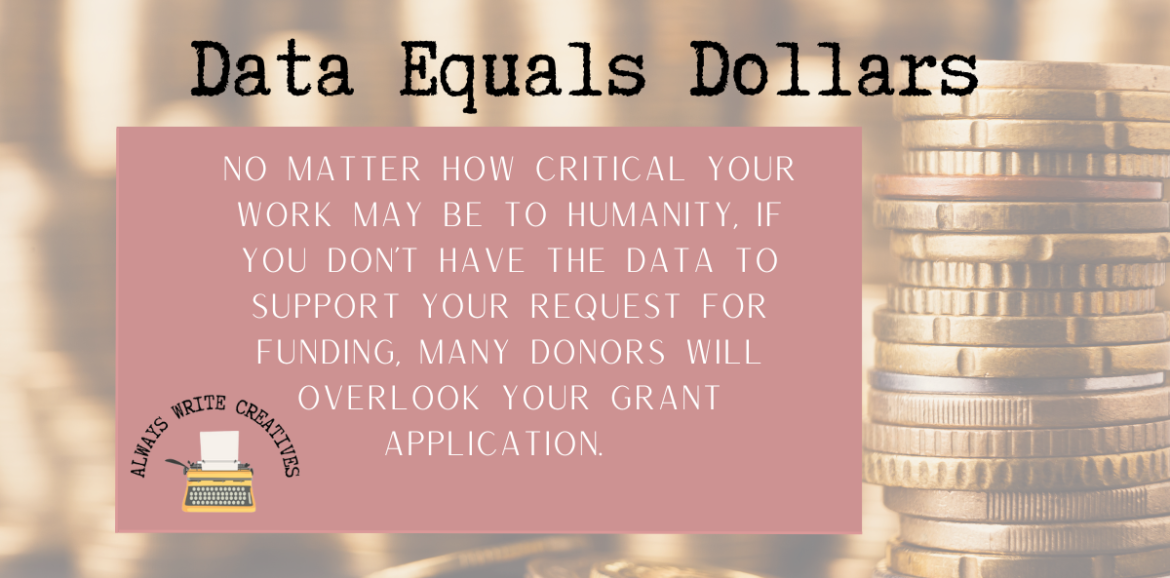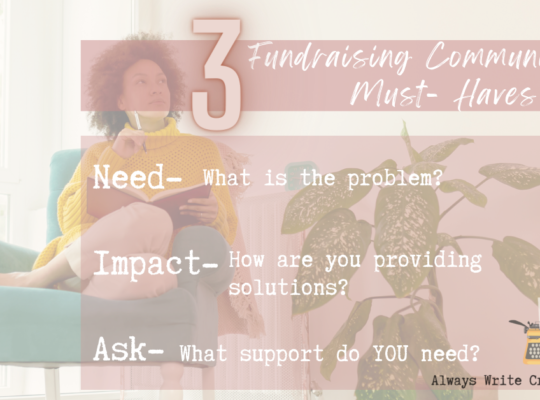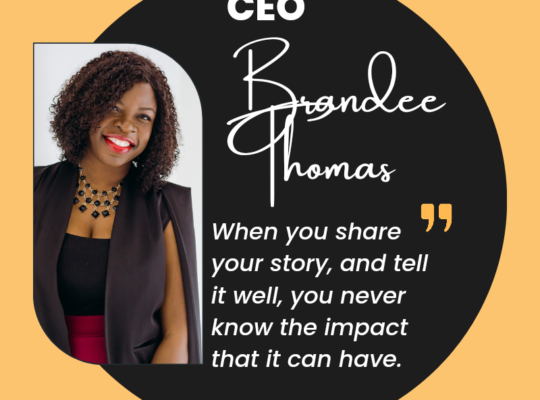BY BRANDEE A. THOMAS
As a little girl, if you couldn’t find me, I was guaranteed to be under my covers or in a quiet corner reading a book. Sometimes Ramona Quimby, but mostly The Babysitter’s Club. (I’ve always appreciated strong, female leads who created their own paths.)
Somewhere in those pages I read about a tantalizing concept that was just too delicious to not explore for myself – an allowance.
After all the deep consideration that my eight years could muster, I approached my parents with what I thought was a sensible request to receive weekly, just because, money.
“Why,” they questioned. Regarding me curiously as if I had suddenly sprouted a unicorn horn in the middle of my forehead.
“Because I read about it and I want to have my own money too,” I explained. Satisfied that my explanation was good enough, imagine how deflated I felt when they said “no.”
Seeking solace in my grandmother’s bedroom, I sadly recounted the exchange between me and my parents. My Anna Mae’s room always held the balm for my injured feelings.
“Don’t worry about it baby. I’m gonna give you an allowance,” she said easily.
Talk about turning a frown upside down! Thank heavens for indulgent grandmothers.
Every week like clockwork, she’d hide a dollar or two under my pillow or covertly slip it in my hand when my parents weren’t looking. This went on until I became a teenager and could earn my own money.
Many nonprofits behave just like 8-year-old Brandee – asking for money with no solid justification for the request. While some donors are as indulgent as my Anna Mae, most behave like my parents.
No matter how critical your work may be to your community – or humanity for that matter – if you don’t have the data to support your request for funding, many donors will overlook your grant application.
In order to create a compelling grant application, you must make sure that you are collecting data that will help sell your story to funders.
So, what data should you be tracking? Great question.
- Client demographics – Collecting client data doesn’t have to be invasive or insensitive, but you need background information for funders. For instance, if you are a human services organization, some of the data that you should be collecting includes age, race, gender, household size, veteran status, zip code and income sources. If you provide healthcare help – or would like to offer them – you may also want to gather relevant statistics like access to maintenance healthcare, medical insurance coverage, and outstanding medical needs.
- Program expenses – Simply put, if you can’t run your program without it, it’s a program expense. Do you hold in-person activities or operations? Then you should be tracking utilities, rent, office supplies, etc. Meet with clients online? The cost of that platform is also a program expense. Salaries for the team members executing your programs/services are also listed as program expenses. Even if some of these items are in-kind gifts, you should track the value of those items because what happens if your benefactor is no longer able to provide them?
- Board details- Many funders want to know a little about who’s on your board, so it’s helpful to keep an updated list on hand that includes your board members’ names, employer and even their address.
- Program income – Most funders want to know what other sources of income you have coming in – including other grants, individual donations and even the percentage of board members who donate.
- Service statistics- Building a case for your cause means quantifying your work, so you need to keep track of all the numbers. How many nights of shelter did you provide last year? How many pounds of food did you give away last week? In the previous calendar year, how many bus tickets and Lyft rides did you issue to single adults and how many went to families? What were their destinations? How many clients attended your job skills classes compared to the number that secured jobs and/or promotions?
I always tell clients that it’s better to have too much data, than not enough. So, when in doubt, record it out.
Even if you plan to hire a grant writer like Always Write Creatives instead of completing the application yourself, you want to make sure that you’ve recorded enough data to help support your request for donations or grant funds.
Funders want to know that their dollars will be impactful and that your work is sustainable. They need to be convinced that supporting your mission equals doing the most good with their dollars. So do your part to tell a clear story.
It’ll take more than a forlorn 8-year-old to plead your case. They’re not my grandmother.




